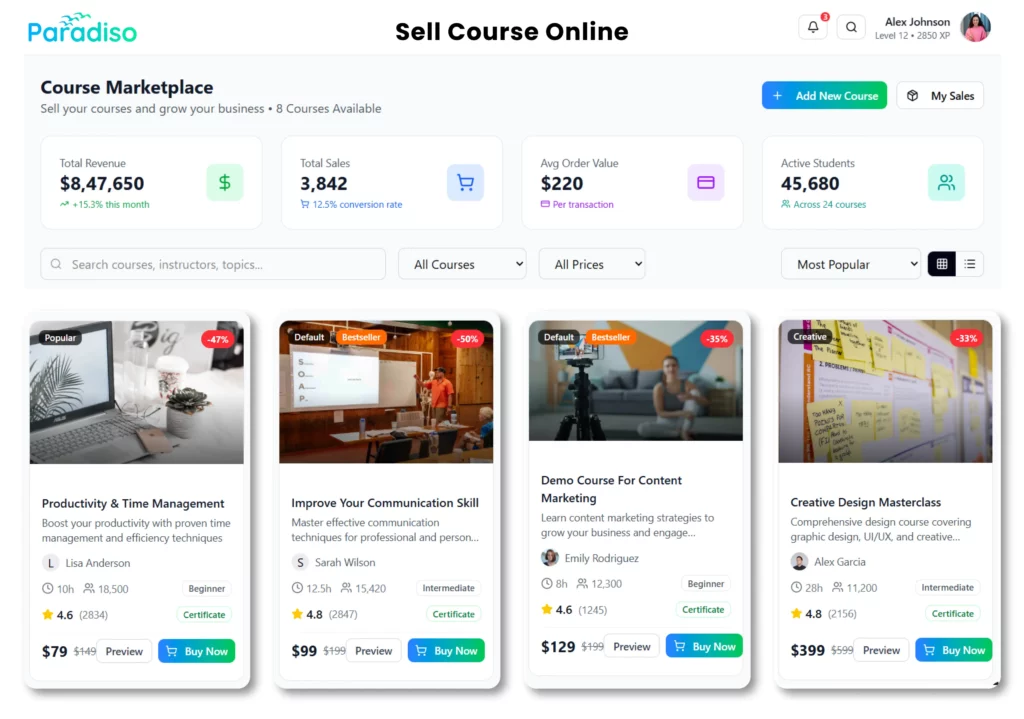Introduction: The Rise of Mobile Learning
In today’s fast-paced digital world, mobile learning (mLearning) has revolutionized corporate training and education. With employees and learners increasingly relying on smartphones and tablets, organizations must choose the right format—app-based training or responsive web training—to deliver seamless learning experiences.
But which one is better? Each approach has unique advantages, depending on factors like accessibility, engagement, and scalability. In this blog, we’ll compare app-based vs. responsive web training, helping you decide the best fit for your mobile learning strategy.
What Is Mobile Learning?
Mobile learning (mLearning) refers to accessing educational content via smartphones, tablets, or other portable devices. It enables on-the-go training, microlearning, and just-in-time knowledge retention.
Key Benefits of Mobile Learning:
✔ Flexibility – Learn anytime, anywhere.
✔ Engagement – Interactive formats boost retention.
✔ Cost-Effective – Reduces classroom training expenses.
✔ Personalization – AI-driven recommendations tailor content.
What Is App-Based Training?
App-based training involves dedicated mobile applications (native or hybrid) designed for learning purposes. Examples include Paradiso LMS mobile apps, Duolingo, and Coursera.
Pros of App-Based Training:
✅ Offline Access – Download content for learning without internet.
✅ Enhanced UX – Smooth navigation, push notifications, and gamification.
✅ Better Performance – Optimized for specific devices (iOS/Android).
✅ Advanced Features – AR/VR, AI chatbots, and interactive quizzes.
Cons of App-Based Training:
❌ Higher Development Cost – Requires app store approvals and updates.
❌ Storage Issues – Takes up device memory.
❌ Limited Cross-Platform Accessibility – Separate apps for different OS.
What Is Responsive Web Training?
Responsive web training delivers learning content through mobile-optimized websites that adjust to any screen size. Platforms like Paradiso LMS offer browser-based training accessible across devices.
Pros of Responsive Web Training:
✅ No Installation Needed – Instant access via a web browser.
✅ Cost-Efficient – No app development or maintenance required.
✅ Universal Compatibility – Works on any device (iOS, Android, Windows).
✅ Easy Updates – Content changes reflect immediately.
Cons of Responsive Web Training:
❌ Internet Dependency – Requires a stable connection.
❌ Limited Offline Access – Some features may not work offline.
❌ Fewer Advanced Features – May lack app-like interactivity.
App-Based vs. Responsive Web Training: Key Differences
|
Feature
|
App-Based Training
|
Responsive Web Training
|
|---|---|---|
|
Accessibility
|
Requires download
|
Instant browser access
|
|
Offline Mode
|
Yes
|
Limited
|
|
Performance
|
Faster, smoother
|
Depends on internet speed
|
|
Updates
|
Manual (app store)
|
Automatic
|
|
Development Cost
|
Higher
|
Lower
|
|
Cross-Platform
|
OS-specific
|
Universal
|
Which Is Better for Your Learning Strategy?
The choice depends on your organization’s needs:
Choose App-Based Training If:
- Offline access is critical.
- You need advanced features (gamification, AR/VR).
- Learners prefer a dedicated app experience.
Choose Responsive Web Training If:
- You want quick, no-download access.
- Budget constraints limit app development.
- Cross-device compatibility is essential.
Hybrid Approach: Some LMS platforms like Paradiso LMS offer both, combining app flexibility with web accessibility.
FAQ Section (People Also Ask)
Key Takeaways
✔ App-based training excels in offline access and interactivity but requires higher investment.
✔ Responsive web training is budget-friendly and universally accessible but depends on internet connectivity.
✔ A hybrid approach (like Paradiso LMS) can offer the best of both worlds.
Ready to Optimize Your Mobile Learning Strategy?
Whether you choose app-based or responsive web training, Paradiso LMS provides the tools to deliver engaging, scalable learning experiences. Request a demo today and transform your training approach!














